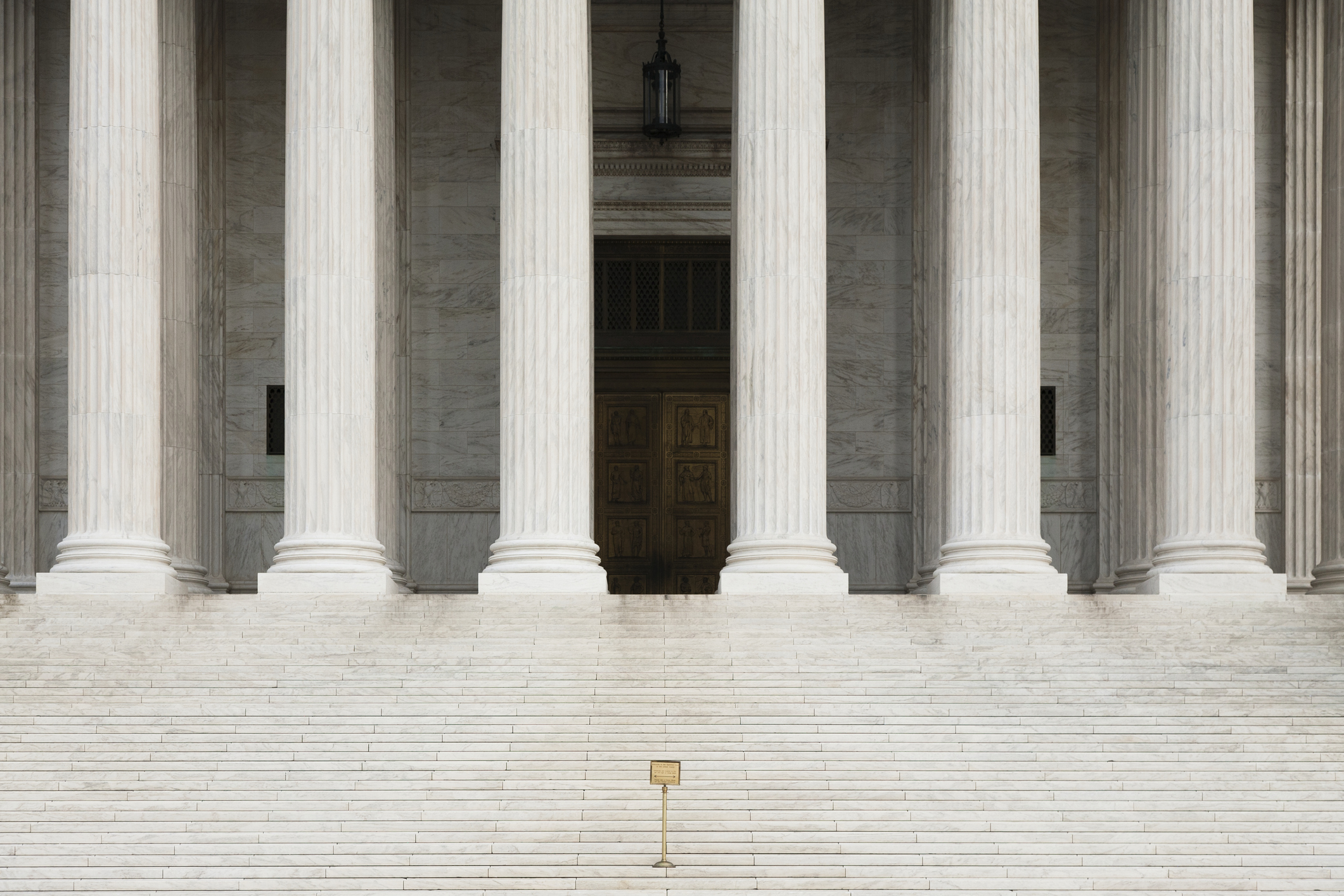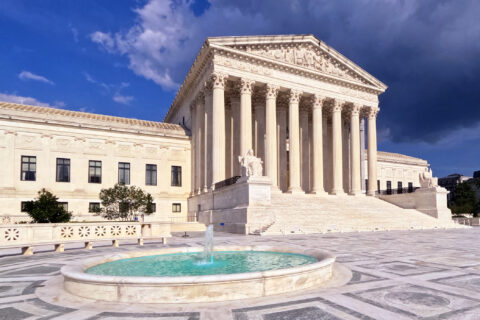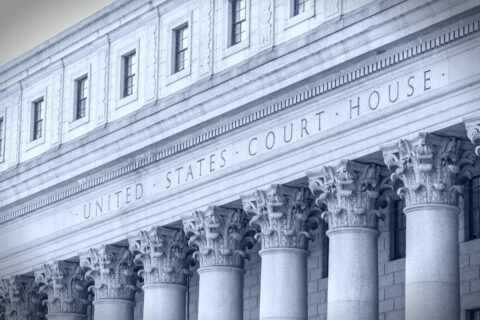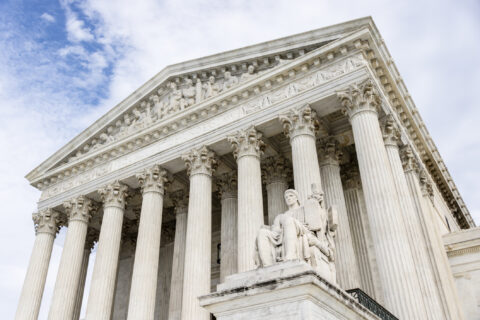Co-authored by Amanda Karras, the Executive Director and General Counsel for the International Municipal Lawyers Association (IMLA). NLC, IMLA, and NACo formed the Local Government Legal Center (LGLC) in 2023, a coalition of national local government organizations to provide education to local governments regarding the Supreme Court.
While the origins of injunctions date back to the early 1900s, their use has not been historically common, at least until the last few decades. According to the U.S. Department of Justice (DOJ), federal courts issued 12 nationwide injunctions during the George W. Bush Administration, 19 during the Obama Administration, 55 during the first Trump Administration (through February 2020), 14 during the Biden Administration and 25 during the first 100 days of the second Trump Administration.
Given this recent trend, local leaders have looked to the courts to provide guidance on the implementation of administrative actions and their impact on municipal operations. In June, both the Supreme Court and the District Court of Rhode Island issued decisions in cases that provide greater clarity into how injunctions will apply to local governments moving forward.
Trump v. Casa
As the Supreme Court finished up their term, they issued the decision in Trump v. Casa (PDF), the birthright citizenship case. The merits of the birthright citizenship Executive Order was not at issue in this case. Instead, it was about whether courts can issue universal or nationwide injunctions. The Court held in a 6-3 decision authored by Justice Barrett that universal injunctions that grant relief beyond the relief necessary to the parties to the suit likely exceed the authority of district courts and cannot be issued.
On President Trump’s first day in office, he signed Executive Order No. 14160 entitled Protecting the Meaning and Value of American Citizenship (PDF) (“EO”), which identified circumstances in which persons born in the United States would not be considered citizens. Several lawsuits quickly mounted, including suits filed by individuals, organizations and states, which sought to enjoin the enforcement of the EO. In each case, the district court concluded that the EO was likely unlawful and entered a universal preliminary injunction, prohibiting the administration from enforcing the EO as to anyone in the country. The federal government sought a stay of those universal injunctions pending litigation, and each federal appellate court denied the stay. The federal government then filed emergency applications for a stay of those universal injunctions with the Supreme Court. The federal government did not ask the Supreme Court to reach the merits of the Executive Order.
The Court held that universal injunctions exceed the authority of federal courts under the Judiciary Act of 1789. The Judiciary Act of 1789 confers federal courts with jurisdiction over “all suits … in equity,” and while equitable authority is “flexible,” it is not “freewheeling.”
To determine if a universal injunction is an available type of equitable relief, the Court asks whether it is the type of remedy “‘traditionally accorded by courts of equity’ at our country’s inception.” The question is therefore “whether universal injunctions are sufficiently ‘analogous’ to the relief issued ‘by the High Court of Chancery in England at the time of the adoption of the Constitution and the enactment of the original Judiciary Act.’” Per the Court, “the answer is no: Neither the universal injunction nor any analogous form of relief was available in the High Court of Chancery in England at the time of the founding.” The Court explained that there was “no remedy ‘remotely like a national injunction’” at that time, rejecting the Respondents’ and dissents arguments that a bill of peace was an analogous form of equitable relief at the time of founding. Moreover, the Court noted that the practice of universal injunctions did not emerge until the mid-twentieth century, providing further evidence of the lack of historical foundation.
Lower Court Implications
This case is important for local governments as universal injunctions have been used in the past in litigation involving challenges to changes to federal grant conditions. For example, during the first Trump administration, several district courts issued nationwide injunctions prohibiting the DOJ from imposing immigration conditions on the Edward Byrne Memorial Justice Assistance Grant, the primary source of federal funding to support justice programs for state and local governments.
More recently, lower courts have been imposing universal injunctions with less frequency in cases involving local governments. For example, in California v. U.S. Department of Transportation (USDOT), like many of the current legal challenges before the lower courts regarding the termination of grants or conditions on grants, the plaintiffs, a coalition of 20 attorneys general, did not seek a universal injunction. The case involves a challenge to USDOT’s imposition of immigration enforcement conditions on recipients of transportation grants. The preliminary injunction in this case applies only to the 20 states included in the suit and the local governments within these states. This approach is likely because courts and litigants were aware the Supreme Court would be weighing in on the issue, and many Justices had previously expressed skepticism over their practice.
Legal Strategies Moving Forward
Moving forward from the Court’s ruling, any cases that do involve universal injunctions would likely need to be modified. For local governments seeking to find relief from administrative actions that are not already involved in litigation, they will need to consult with their general counsel to determine whether engaging in litigation on behalf of their municipality and/or in coordination with their state or other local governments is appropriate. Additionally, class action lawsuits may be another avenue for parties seeking broader relief.







